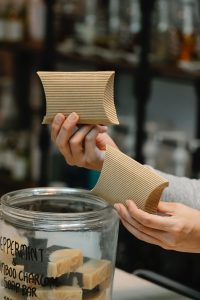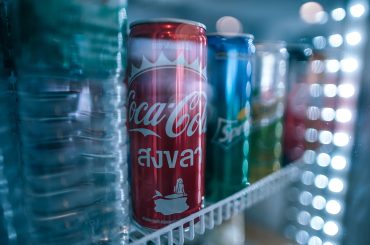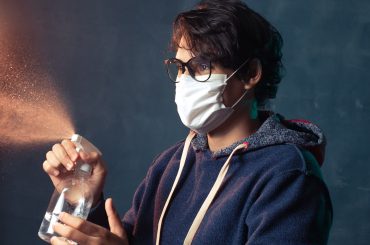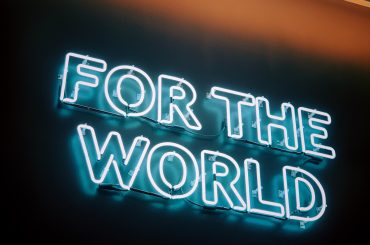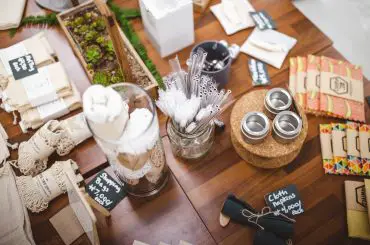What should not be recycled?
What should not be recycled? I regret to inform you that you might be recycling incorrectly. However, you are not always to blame. Although the tiny symbols on products may not always indicate this, there are numerous regulations regarding what can and cannot be recycled. Recycling has become a big deal in many places all over the world as people try to reduce the amount of waste that goes into landfills.
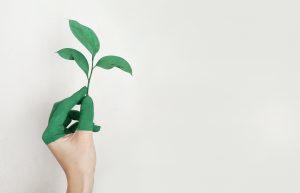
In contrast, they choose to conserve the environment by recycling or recovering and reprocessing our waste for a different purpose. There is no way to overstate the advantages of recycling. It helps valuable resources like coal, mineral ore, and trees survive. Additionally, it relieves landfill pressure and contributes to the reduction of pollution. Bottles made of iron, paper, plastic, aluminum, glass, and plastic can typically be recycled.
Bubble wrap Although a lot of plastics can be recycled, the kind of plastic used to make bubble wrap cannot because the thin film can get caught in recycling machines. Even though the power cord can be recycled as a whole, there are so many places that will take wrap cords that it will be hard to separate the parts. However, there are facilities that recycle electronics and cords. The community’s e-waste facility, which frequently sits close to the hazardous household goods facility, or e-waste collection events hosted by local offices in your area are alternatives.
Bags for grocery shopping Most grocery stores usually have a plastic recycling bin in front of them. This is because curbside recycling programs typically do not accept plastic bags, and store recycling is your only option. Attempting to recycle plastic bags almost always results in severe consequences. The decomposition of plastic bags, the most prevalent source of marine debris, will take hundreds of years because plastic is not biodegradable.
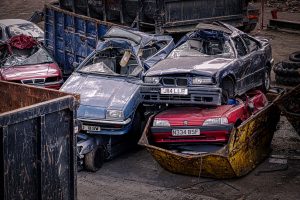
Never place food scraps in the recycling bin. They are not recyclable and contaminate other recyclables in the bin. Food scraps should be removed prior to placing items in the recycling bin to avoid contamination with food waste. Food scraps can be used to make compost. If you don’t need the compost, you can make some extra money by selling it to gardeners.
Paper food containers and plates that have been soaked in oil or tainted with food, like cheese, cannot be recycled. This is because food particles may contaminate other items in the bin or cause damage to recycling equipment. Oil and grease make it impossible to recycle paper because they do not combine with the water needed to turn paper into a slurry.
Unless you are willing to take your time and thoroughly clean every part of the food-stained cardboard, placing the greased paper in the compost bin is preferable. In most places, there are very few businesses that can recycle greased-up pizza boxes. Contact your local recycling agency to find out if there are specialized recycling centers in your area.
Waxed cardboard The wax on milk, soup, and juice cartons keeps liquid out of the paper box. Wax, on the other hand, cannot be recycled due to the fact that it does not decompose as quickly as paper does. At some facilities, waxed cartons cannot always be recycled. Only 62.1 percent of US households have access to this kind of facility. Eco-cycle will not accept the milk and juice cartons used to package rice, almond, and soy milk. If you want to make a choice that is better for the environment, you might also want to consider having your milk delivered to you in glass bottles.
Composting disposable paper cups, napkins, plates, and tissues is a simple process. Recycling them can be difficult due to the substantial amount of food residue that they typically contain. In the event that even a small amount of paper is tainted by food, the bin as a whole may not be recyclable.
